
Have you ever pondered the profound impact that a single individual’s ideas can have on an entire discipline? This is precisely what the esteemed theologian **Hans Urs von Balthasar** accomplished in the field of theology. Born on August 12, 1905, in the picturesque city of Lucerne, Switzerland, Balthasar’s life was marked by a series of extraordinary experiences and intellectual pursuits that would ultimately shape contemporary theological thought. His contributions were not merely academic; they resonated deeply within the spiritual lives of many, challenging and inspiring countless individuals to explore the depths of their faith. Join us as we delve into the captivating and transformative world of this influential theologian, whose legacy continues to inspire and provoke thought in the realms of philosophy, spirituality, and beyond.
Early Life and Education
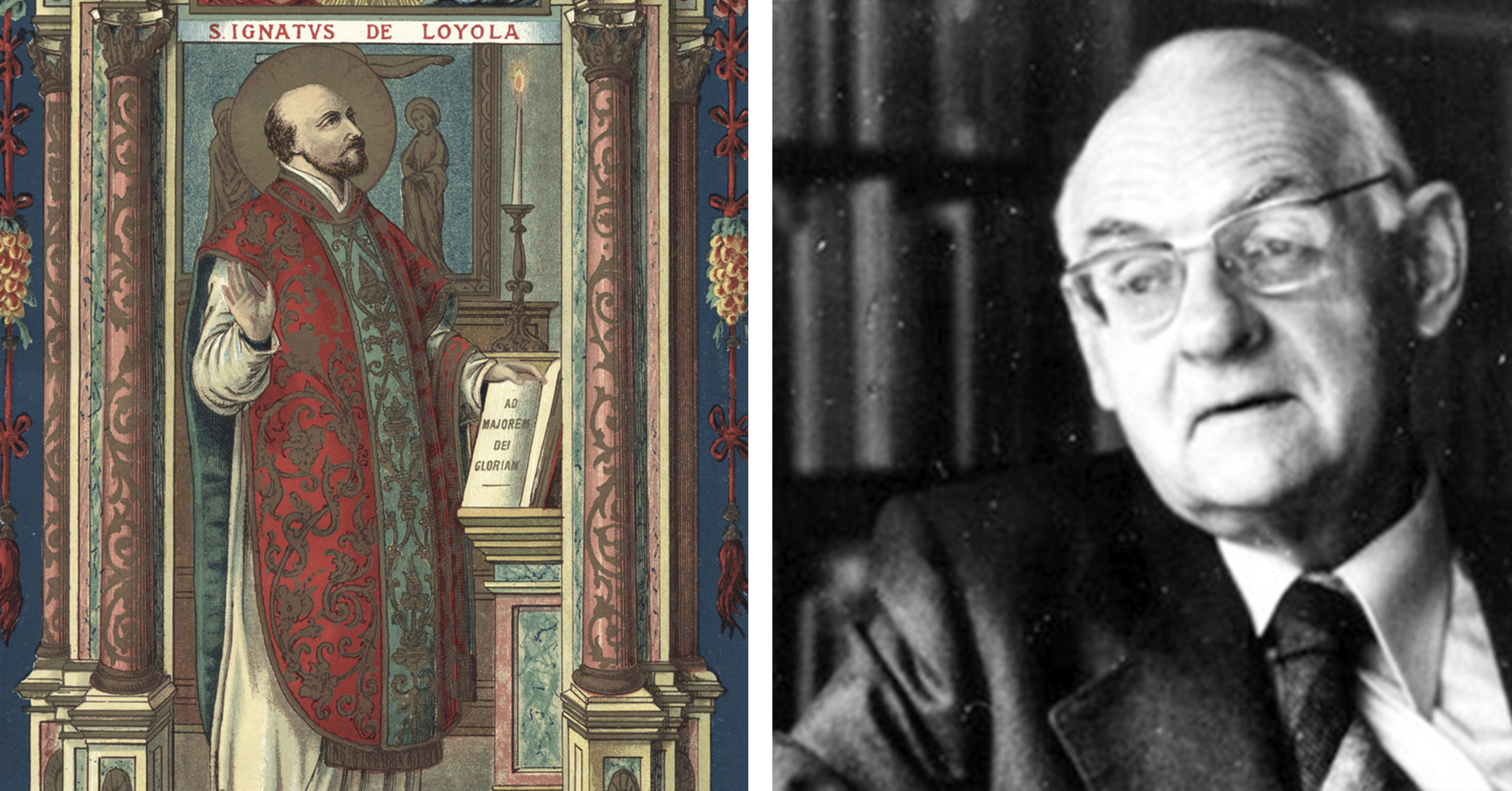
Roots in Switzerland
Balthasar’s formative years unfolded amidst the breathtaking beauty of Switzerland, a country renowned for its stunning landscapes and rich cultural heritage. Growing up in this enchanting environment, he was immersed in a diverse tapestry of traditions and beliefs that shaped his worldview. From a young age, Balthasar exhibited an insatiable curiosity about the profound questions of existence, particularly in the realms of philosophy and theology. This early fascination would ultimately play a pivotal role in defining the trajectory of his life and career, guiding him toward a path of intellectual and spiritual exploration.
Academic Pursuits
To further his quest for knowledge, Balthasar enrolled in some of the most prestigious universities in Europe, including the esteemed institutions of Vienna, Berlin, and Zürich. His academic journey was marked by rigorous study and a relentless pursuit of understanding, culminating in the attainment of his Ph.D. in 1929. This significant achievement not only provided him with a solid foundation for his future theological inquiries but also reflected his commitment to delving deeper into the complexities of faith and belief. For Balthasar, education was not merely a means to acquire information; it was a transformative process aimed at uncovering the deeper truths of existence and the divine.
Becoming a Priest
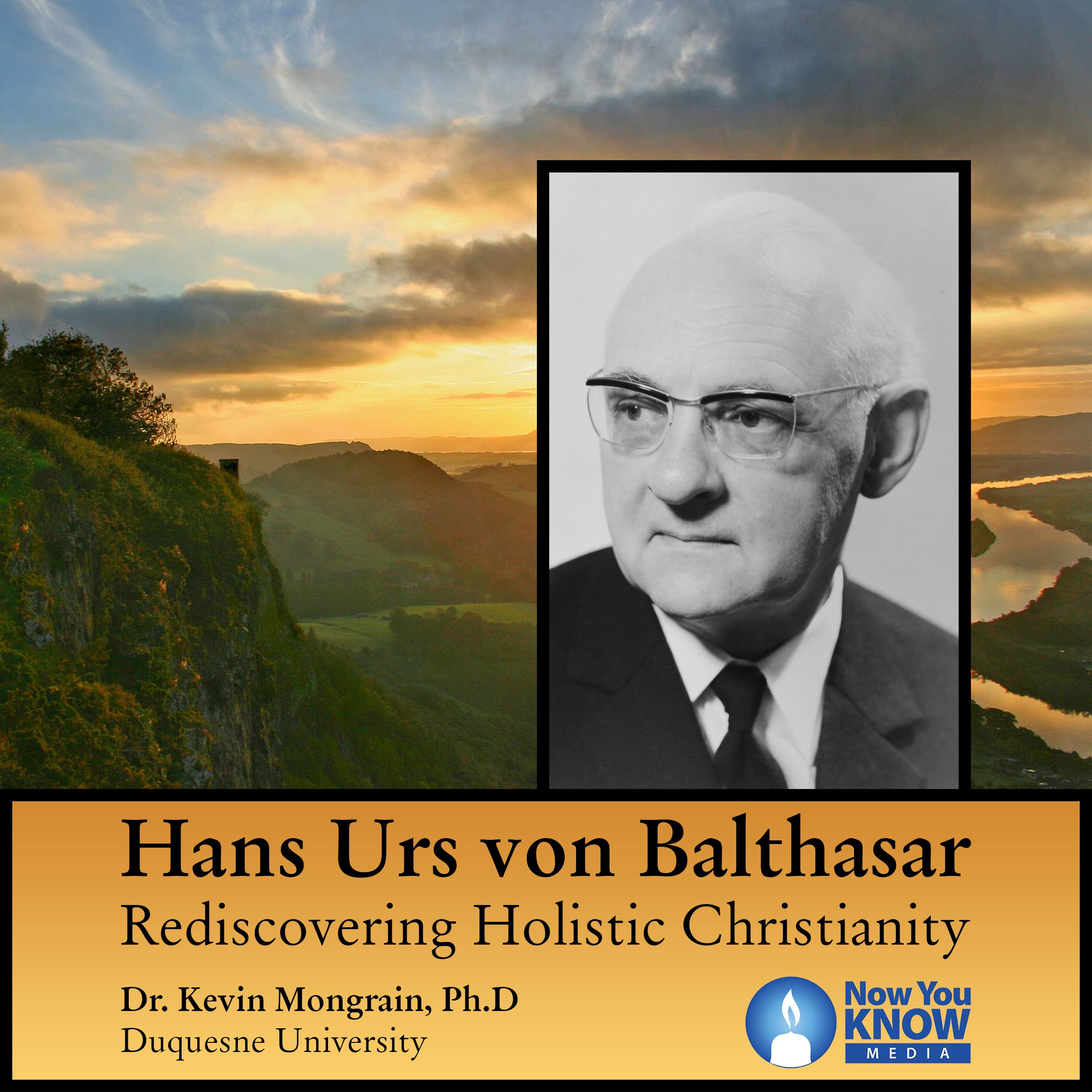
Ordination and Jesuit Order
In the year 1936, Balthasar reached a significant milestone in his spiritual journey by being ordained as a priest. This event marked a transformative moment in his life, setting the stage for his future endeavors in theology and philosophy. Just a few years later, in 1939, he made the momentous decision to join the Jesuit order. This choice was not merely a career move; it was a pivotal moment that allowed him to immerse himself more profoundly in the rich spiritual and intellectual traditions of the Catholic Church. The Jesuit order, known for its commitment to education and scholarly pursuits, provided Balthasar with the resources and community necessary to explore and deepen his understanding of faith and reason.
Chaplaincy at the University of Basel
From 1940 to 1948, Balthasar took on the role of chaplain at the University of Basel, a position that proved to be both rewarding and influential. During these years, he had the unique opportunity to engage with a diverse group of students and faculty members, sharing his theological insights and fostering a vibrant intellectual community. His presence at the university allowed him to contribute to the academic discourse of the time, encouraging critical thinking and spiritual reflection among the young minds he encountered. This period not only enriched his own understanding but also left a lasting impact on those he mentored, as he sought to bridge the gap between faith and reason in a rapidly changing world.
Founding the Community of St. John
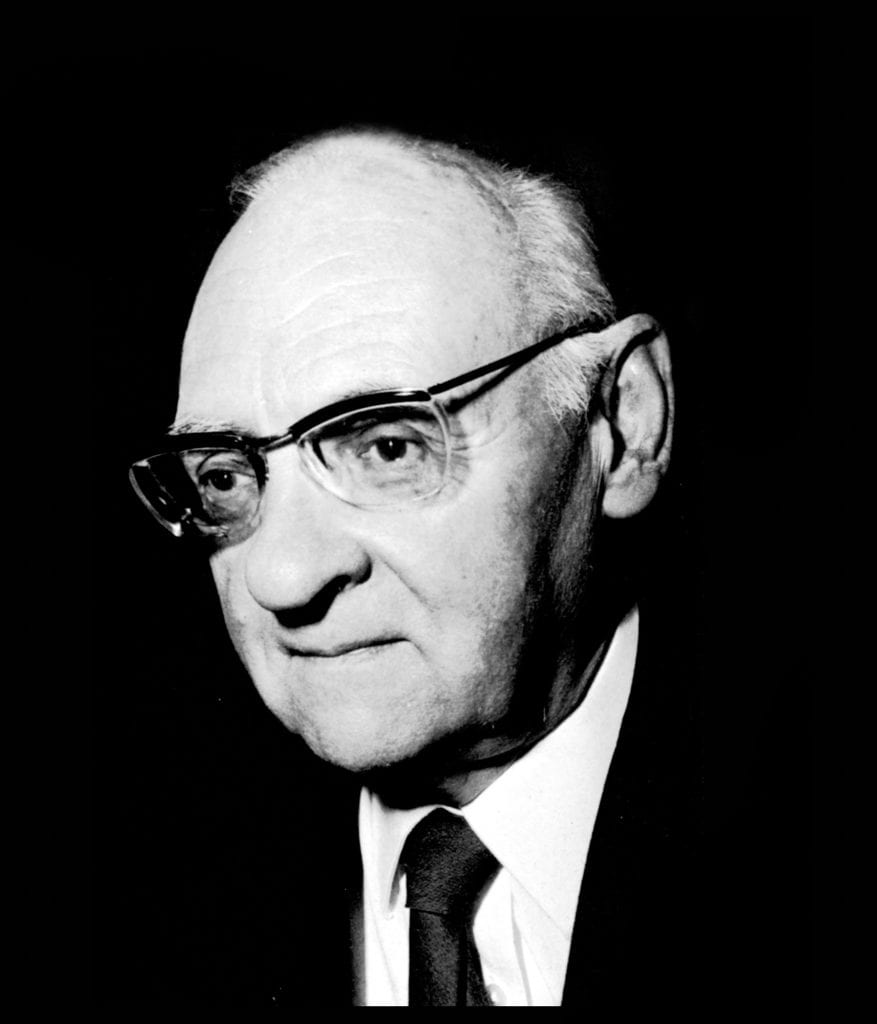
### A New Spiritual Initiative
In the year 1950, Hans Urs von Balthasar made a significant and daring decision to leave the Jesuit order, a move that would profoundly impact his spiritual journey and the lives of many others. He went on to establish the **Community of St. John**, a secular institute that he founded in collaboration with the renowned Christian mystic **Adrienne von Speyr**. This community was envisioned as a space where individuals could explore and cultivate a deeply personal spirituality, one that resonated with the complexities of modern life and the inner experiences of faith. The initiative attracted many who were seeking a more intimate connection with the divine, emphasizing the importance of personal experience in spiritual growth.
### Influence of Adrienne von Speyr
Adrienne von Speyr emerged as a pivotal figure in shaping Balthasar’s theological outlook. Their partnership was characterized by a rich and profound exchange of ideas, where mysticism met rigorous theological inquiry. Von Speyr’s insights and experiences greatly influenced Balthasar’s understanding of spirituality, allowing him to weave together elements of mysticism with traditional theological frameworks. This collaboration not only deepened their individual spiritual journeys but also contributed significantly to the broader discourse on faith, inviting others to explore the depths of their own spiritual lives. Together, they forged a path that encouraged a more nuanced understanding of the relationship between the divine and the human experience.
Theological Contributions

Prolific Author
Balthasar was a prolific writer, authoring over 60 books on various topics, including the theology of history, early Christian Church Fathers, classical literature, and modern aestheticism. His writings reflect a deep engagement with both tradition and contemporary thought.
Rebuttal to Karl Barth
Much of Balthasar’s early work was a response to his friend and rival, the Swiss Protestant theologian Karl Barth. Their intellectual exchanges were marked by a friendly rivalry that enriched the theological landscape.
Co-founding Communio

A New Theological Journal
In 1972, Balthasar co-founded the Catholic journal Communio alongside Henri de Lubac and Joseph Ratzinger, who would later become Pope Benedict XVI. This journal aimed to foster a dialogue between different theological perspectives, promoting a richer understanding of faith.
Impact on Catholic Theology
Communio quickly became a significant platform for theological discourse, influencing many scholars and practitioners within the Catholic Church. Balthasar’s vision for a more integrated approach to theology resonated with a wide audience.
Recognition and Legacy

Admiration from Pope John Paul II
Balthasar’s contributions did not go unnoticed. He was greatly admired by Pope John Paul II, who recognized the depth and significance of his work. This admiration culminated in Balthasar receiving the first Paul VI International Prize for his contributions to theology in 1984.
Cardinal Designation
In 1988, Balthasar was named a cardinal, a testament to his influence and standing within the Church. Tragically, he passed away just two days before his investiture, leaving behind a rich legacy of thought and spirituality.
Key Themes in Balthasar’s Theology
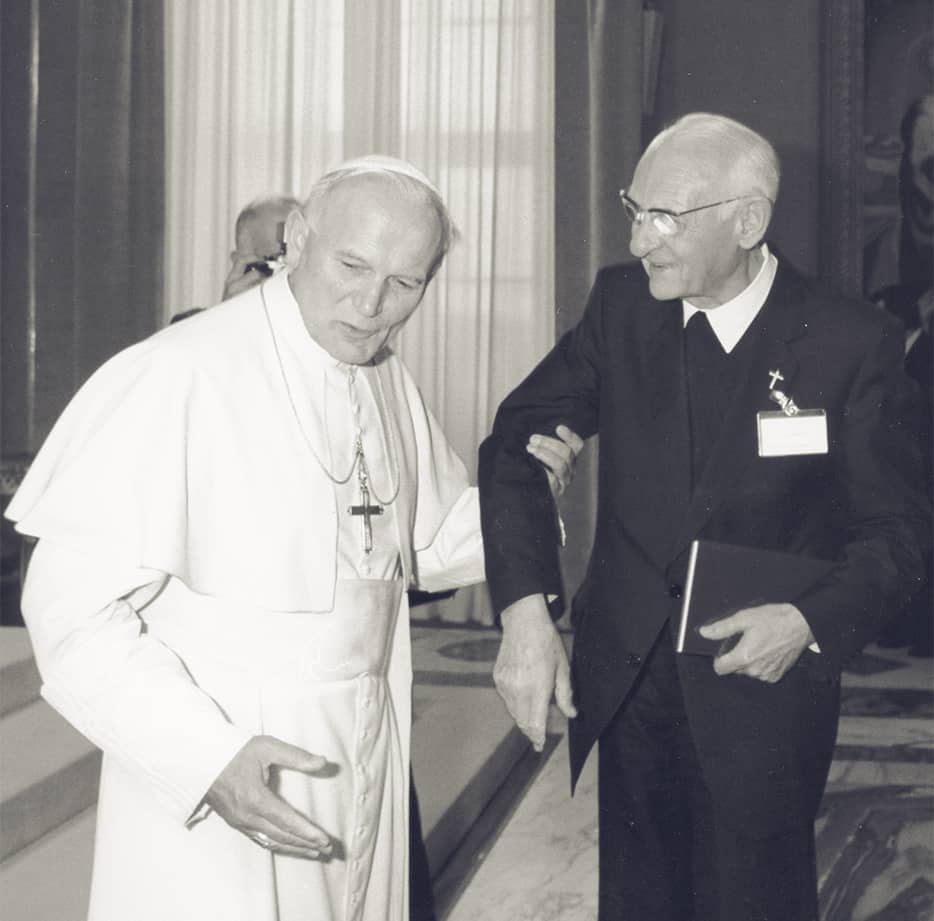
Theology of Beauty
One of the most striking aspects of Balthasar’s work is his emphasis on the theology of beauty. He believed that beauty is a reflection of God’s presence in the world, inviting individuals to encounter the divine through aesthetic experiences.
Personal Spirituality
Balthasar’s approach to theology was deeply personal. He emphasized the importance of individual experience and relationship with God, advocating for a spirituality that resonates with the heart.

Hans Urs von Balthasar’s life and work continue to inspire theologians, scholars, and spiritual seekers around the world. His unique blend of rigorous scholarship and personal spirituality offers a refreshing perspective in today’s complex theological landscape. Whether you’re a seasoned theologian or just curious about faith, Balthasar’s insights invite you to explore the depths of your own spirituality.
Table: Key Milestones in Balthasar’s Life
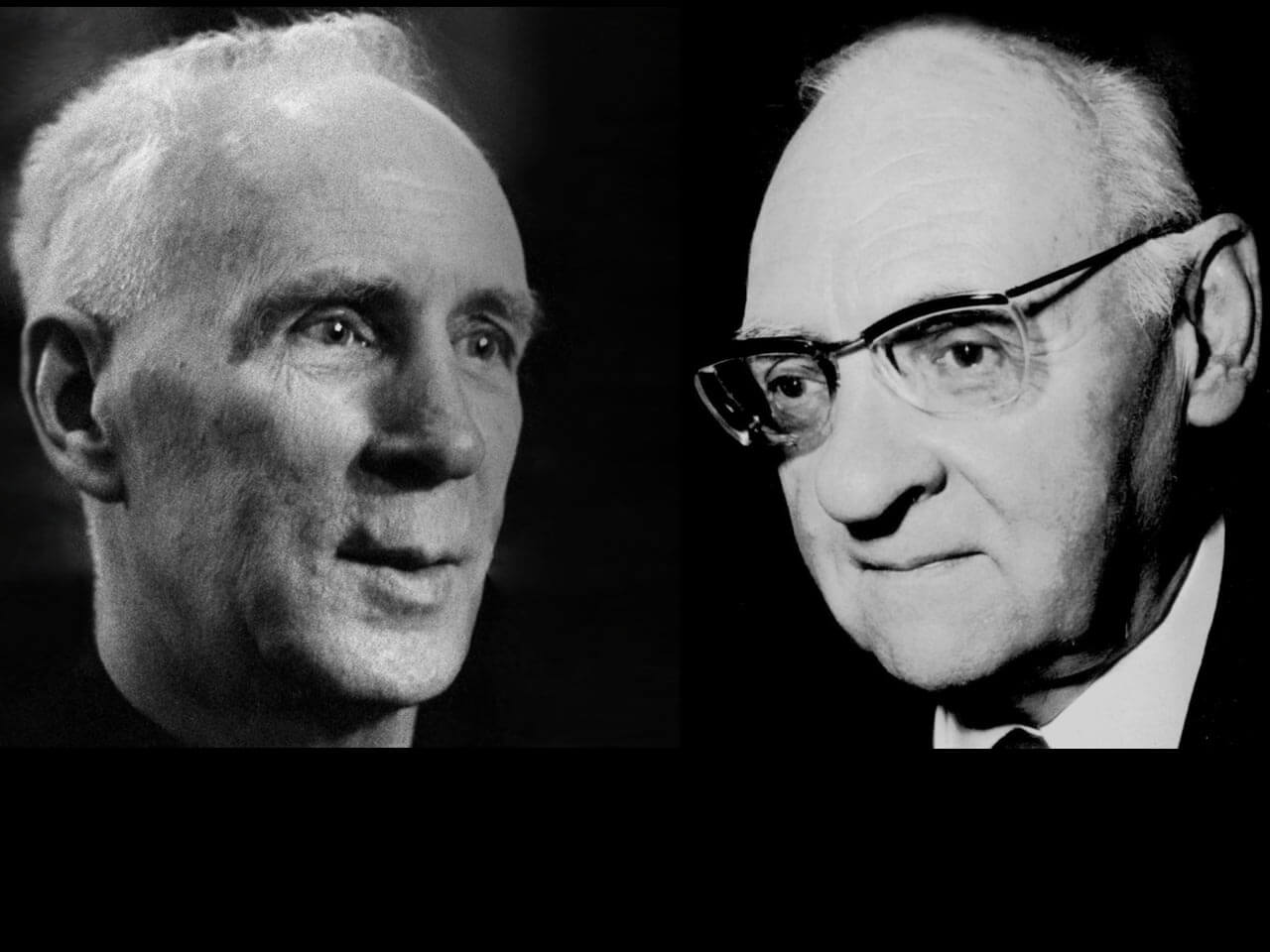
| Year | Milestone |
|---|---|
| 1905 | Born in Lucerne, Switzerland |
| 1929 | Earned Ph.D. from Zürich |
| 1936 | Ordained as a priest |
| 1939 | Joined the Jesuit order |
| 1950 | Founded the Community of St. John |
| 1972 | Co-founded the journal Communio |
| 1984 | Awarded the Paul VI International Prize |
| 1988 | Named a cardinal (died two days before investiture) |

